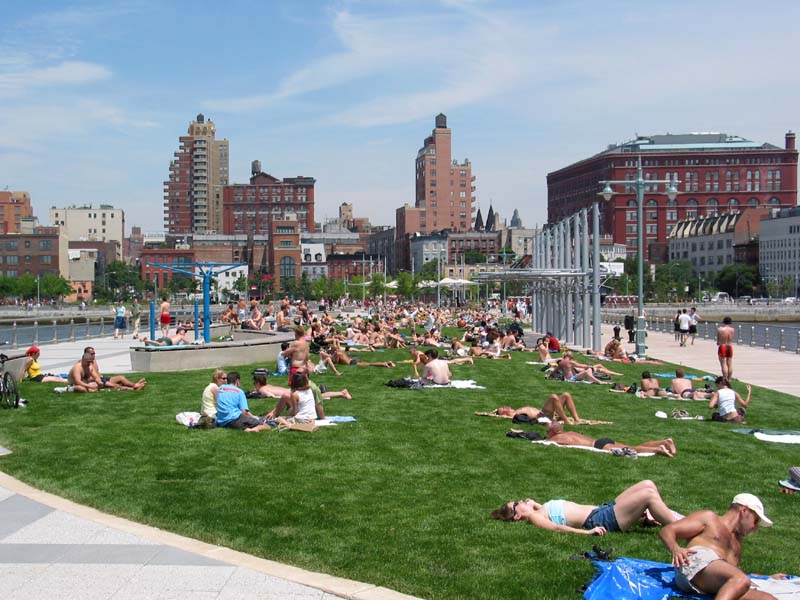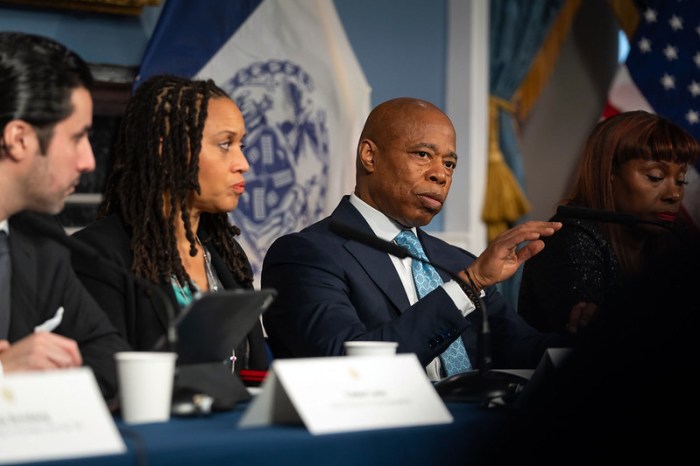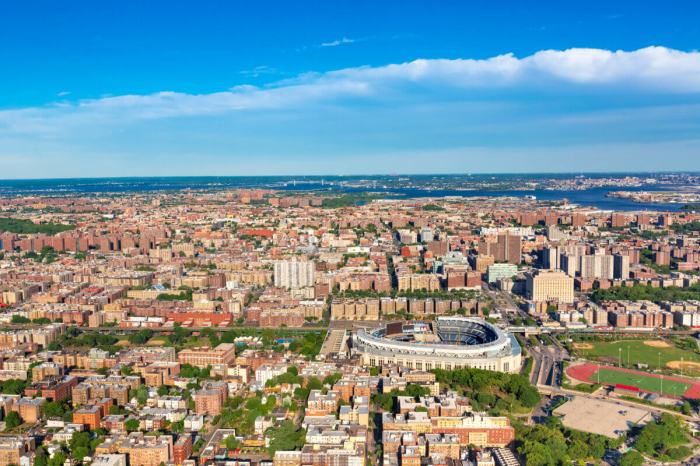BY ARTHUR Z. SCHWARTZ | For the 21 years I have been on Community Board 2, Hudson River Park has been a point of contention. This year the park is in contention again, with some folks characterizing the discussion as being in a similar vein to N.Y.U. 2031 or the Rudin plan to make profit off the demise of St. Vincent’s. But this is an issue which has actually unfolded slowly over a 40-year period, and I am determined, as the person entrusted to moderate public discussion, to demand that folks tone down the rhetoric and deal with the facts.
I am not an apologist for the Hudson River Trust board of directors, and I have not always agreed with the Trust. When the Trust took ownership of the Friends of Hudson River Park — turning it into a private fundraising vehicle for the park — I got “honorably” pushed off the Friends board, despite my longtime public role as a spokesperson for the community. But I know, as someone who has spent 16 years examining the inner bowels of Pier 40 and carefully walking the length of the park many, many times, and who has looked closely at the park’s finances, that the park is in serious trouble.
Let’s start with what I can assure my fellow Lower West Siders is not happening here.
First, the Trust’s efforts to date have not been pushed or shaped by real estate developers — even though the Trust had the Pier 40 study completed by an arm of Tishman.
The warnings being sounded about Pier 40 are not merely rhetoric. There have been scientific, periodic assessments of Pier 40 that demonstrate a potential for collapse from above. Over the next two years, the Trust needs to invest more than $10 million of its scant reserves to shore up the roof and prevent a collapse — $10 million that could be better spent. And the “parking model” for Pier 40 isn’t working; revenue from parking has declined as prices in local parking lots have gone down and the recession has caused a reassessment of many people’s car-owning habits.
Let’s also look at the setting for the discussion:
We function as a state with a very part-time Legislature. If a bill isn’t passed during their three-day-per-week sessions prior to June 30, it must wait till next January. In fact, with on-time budgets, most post-April legislative sessions last less than an hour.
Governor Cuomo, unlike former Governor Pataki, doesn’t have a great interest in parks, much less Hudson River Park. We just came off a four-year span where former Governors Spitzer and Paterson were too distracted to focus on parks. As a result, capital contributions to Hudson River Park have fallen from $20 million or more per year to $3 million. As a result, completion of the park proceeds at a snail’s pace. And anyone who believes that the state budget might one day include money for the park’s operational expenses also still believes that U.S. House Speaker John Boehner might one day support increasing taxes on the wealthy.
We now have Madelyn Wils as president of the Hudson River Park Trust. Wils chaired Community Board 1 for 10 years, including post-9/11, chaired the Hudson River Park Advisory Council, which I now chair, and then did a stint at the city’s Economic Development Corporation. She is very, very respectful of the impacted community. She lives in the community adjacent to the park. She has put together a task force — that does not include developers or representatives of the real estate industry — to make recommendations about how to move forward.
I have participated in this task force’s meetings since the beginning of this year. All but a small number of us are convinced that the park’s short-term and long-term financial and structural crises are real, not just a fiction created to accomplish residential development on Pier 40.
There will be lots of public information and public input into development of proposals for legislative change potentially needed to open a few financial doors for the park. But this is not 1995. We now have a park that is three-quarters done, and its shape and character are pretty much set. In the original park plans, as well as in the alternative plans proposed by those opposing the Hudson River Park Act, the ugly edifice at Pier 40 was not going to stay. Pier 40 presently provides no “view corridors” to the water and has very little space, even on the roof, from which the river or the harbor can be seen.
I feel it’s imperative that we have a broad discussion over the next few weeks (including about the proposal to build a soccer stadium on Pier 40), so that something can be brought to the Legislature and the governor with a stamp of community approval before the end of this year’s legislative session — which, unfortunately, means June 30. We can do it if we pull together as a community to find solutions instead of objections.
Schwartz is chairperson, Hudson River Park Trust Advisory Council and C.B. 2 Waterfront Committee, and the State Democratic Committee member for the Village, Soho and Tribeca.












